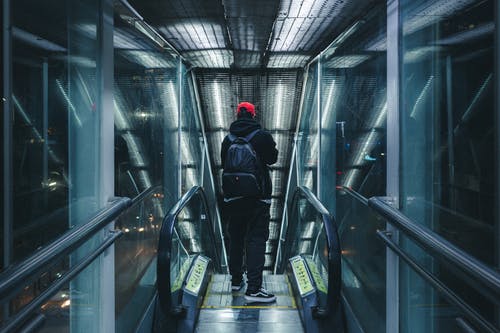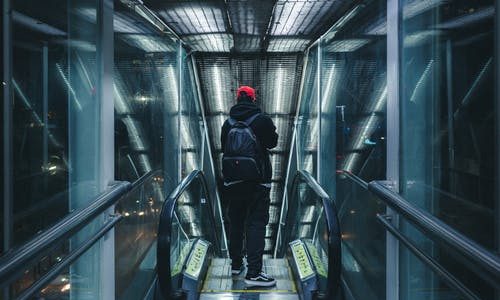Home isolation – is remote working the saviour?
It may feel like the ability to work from home makes home isolation possible to do remote working during Covid, but it is not all perfect…
Recent events in 2019/2020 have shown the demand for people to self-isolate or quarantine themselves to reduce the spread of Coronavirus or COVID-19, and in today’s society this is actually possible – with people still being able to contribute and collaborate from home. Stories from people who have spent 14 days in self imposed quarantine have been typified with people binge-watching Netflix, and video-conferencing company stocks have increased as more people use their services.
However, something else may happen too. With most homes having a stable Internet connection, modern computer and Cloud-based tools that are accessible without a locked-down computer image (managed by a central IT department) – it becomes actually possible for people to work from home.
Change in culture
It has been an ongoing joke that “working from home” is a euphemism that senior management or executives use to say that they are taking a paid day off. For many years, there has been a resistance from many to allow remote working, with a fear that employees will slack off, spend their time on the couch instead, and not be productive. This has been from management (who may have actually used the excuse of working from home to really just take a day off), and from staff who may not have had suitable equipment (or been approved to take a work-managed laptop home with them).
The culture will have to change – because that is the problem, not the technology. Time will tell that even consumer-grade video conferencing and free file sharing and collaboration tools are adequate for staff to be remotely productive.

How a virus will test us
We will be challenged by this virus. The problem with Coronavirus is that it is completely new, so no-one has immunity and there is no medical cure, treatment or vaccine. Until they find out how it is transmitted, we have to assume that it is airborne and that simply being near a person is enough to get infected. So, there will be a time when we will have to work from home.
Closing schools
The first step will be that the schools will be closed – this is because children are not only at the highest risk of catching viruses, they also are the highest risk of transmitting disease as they play very closely, don’t cover their mouths when sneezing, have a lot of physical contact, and small children also put their hands (and tongues) into each other’s mouths / eyes / noses.
When schools are closed, this instantly sends 40% of the workforce home with them. Children need to be supervised, and so parents will have to go home. This will require that parents work from home.
Remote working during Covid

Of course, not all people can work from home. A builder, barber, bus driver, beautician, bodyguard, barge captain – none of those jobs can work from home. However, if they have children, they are now sent home and most of the work that they do will need to be done by others, or not done at all.
Services still need to be maintained
There are many critical services that require maintenance, and it will become increasingly important that these services are provided, for the health and survival of the rest of us;
- Essential services; power, water, gas – maintenance and repair
- Telecommunications; phone, Internet and backhaul
- Fuel delivery and vehicle repair
- Food delivery and waste collection
- Sewer maintenance
- Police, fire, rescue, and ambulance services
- Doctors, nurses, orderlies and medical supplies
- Morticians and burial services
When people are sent home, will this include all the above roles and tasks? What if they have children and no-one else can look after them?
Delivery of food and supplies may spread disease as people who cannot afford to be without income may turn to the gig economy, even whilst they are sick. We will see UberEats and similar workers who we will depend upon to deliver vital supplies – being the disease carriers who spread it to us when in isolation.
